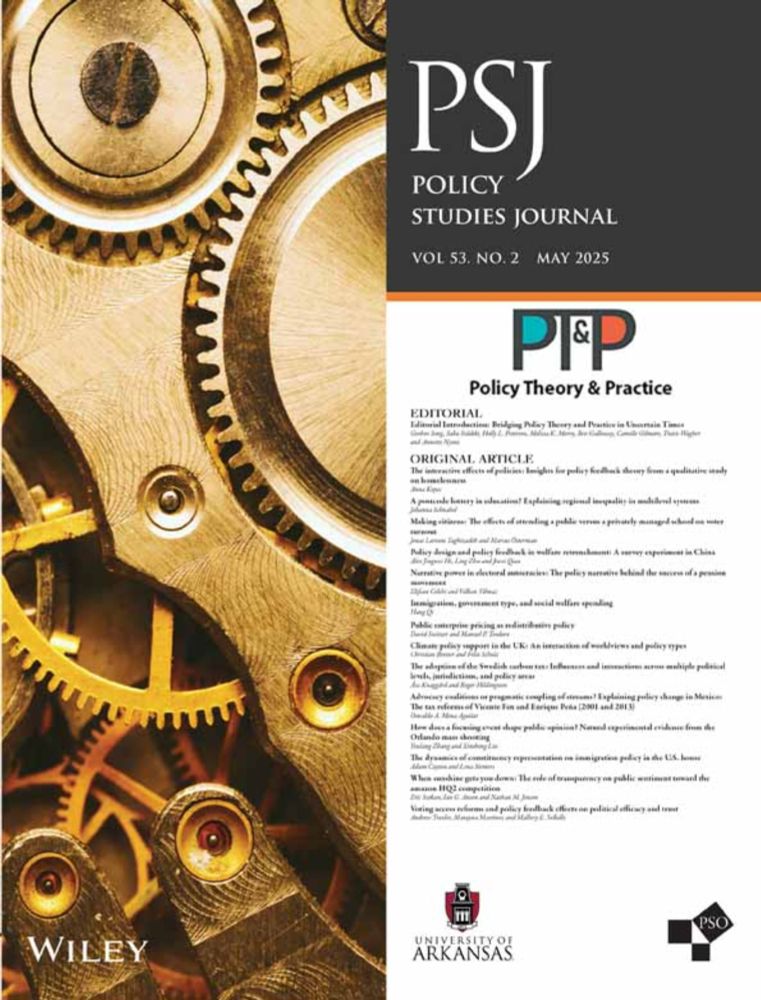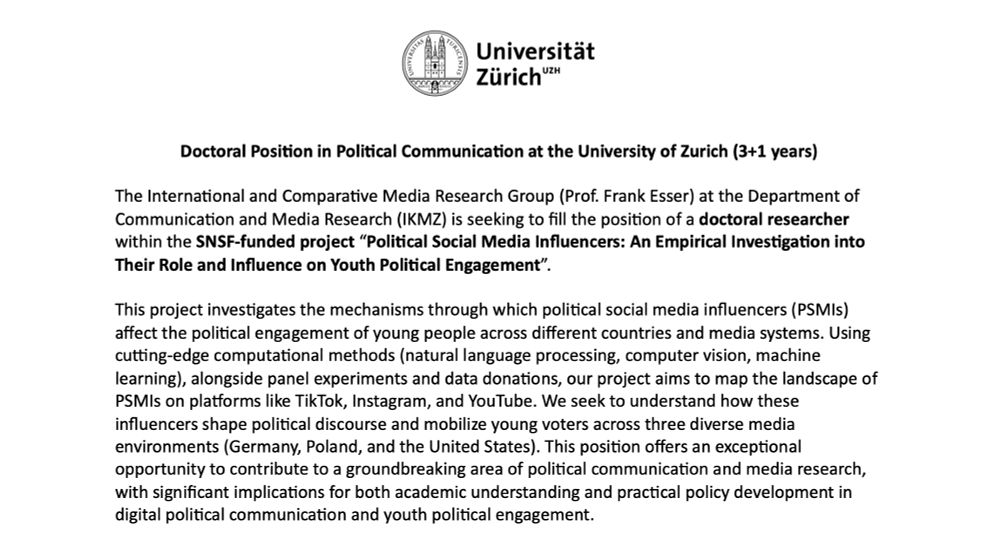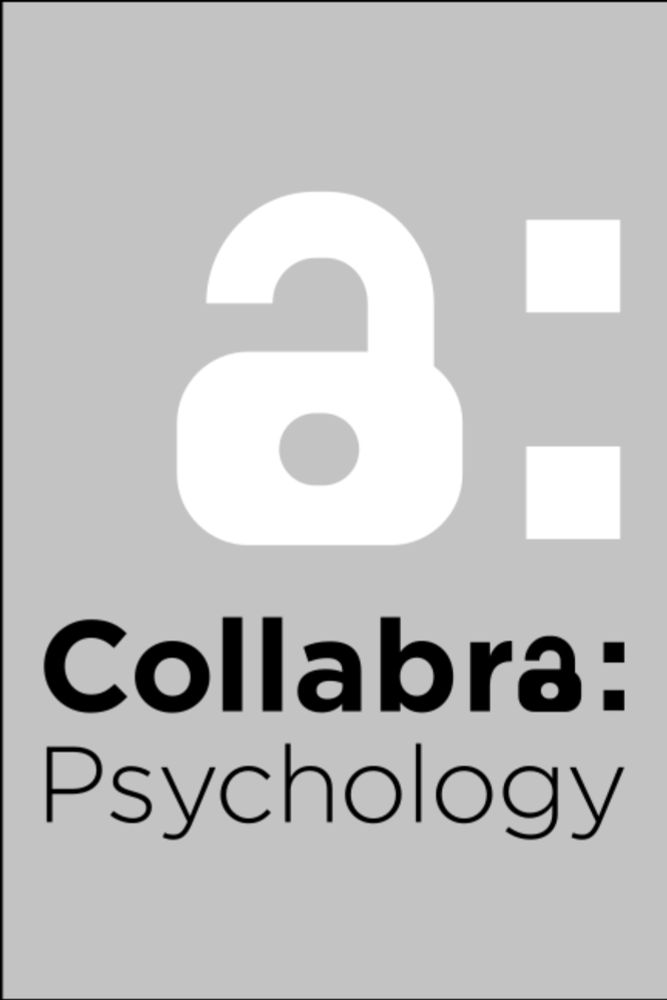
Results
> In May 2025, Austria implemented a nationwide smartphone-ban at schools
> Compared to 2024, smartphone use went down by 30 mins
> Life satisfaction went up (5.36 to 5.52)
> Depression sank (15% to 12%)




Results
> In May 2025, Austria implemented a nationwide smartphone-ban at schools
> Compared to 2024, smartphone use went down by 30 mins
> Life satisfaction went up (5.36 to 5.52)
> Depression sank (15% to 12%)
- darkfakes
- glowfakes
- foefakes
- fanfakes
“A blanket approach to “fighting deepfakes” risks treating satirical content the same as malicious attacks”
@morganwack.bsky.social & co in @techpolicypress.bsky.social
www.techpolicy.press/scrutinizing...

- darkfakes
- glowfakes
- foefakes
- fanfakes
“A blanket approach to “fighting deepfakes” risks treating satirical content the same as malicious attacks”
@morganwack.bsky.social & co in @techpolicypress.bsky.social
www.techpolicy.press/scrutinizing...
1) creating a conceptual typology of deepfakes
2) coining new concepts like 'glowfakes' and 'fanfakes'
3) & analyzing deepfakes from the 2024 elections
@grailcenter.bsky.social

1) creating a conceptual typology of deepfakes
2) coining new concepts like 'glowfakes' and 'fanfakes'
3) & analyzing deepfakes from the 2024 elections
@grailcenter.bsky.social


blogs.lse.ac.uk/usappblog/20...

blogs.lse.ac.uk/usappblog/20...






In @sciencex.bsky.social: phys.org/news/2025-04...

In @sciencex.bsky.social: phys.org/news/2025-04...
Using data from a Russia-backed influence operation running puppet website DCWeekly, we show how LLMs are being used to scale global disinfo campaigns: 1/ 🧵
academic.oup.com/pnasnexus/ar...

Using data from a Russia-backed influence operation running puppet website DCWeekly, we show how LLMs are being used to scale global disinfo campaigns: 1/ 🧵
academic.oup.com/pnasnexus/ar...
onlinelibrary.wiley.com/doi/10.1111/...

onlinelibrary.wiley.com/doi/10.1111/...
Alors que le conflit en RDC s’intensifie, les réseaux de Kagame restent actifs : la guerre au Nord-Kivu et le trafic de minerais restent des sujets tabous pour le régime rwandais. 🔍
forbiddenstories.org/fr/actualite...

Alors que le conflit en RDC s’intensifie, les réseaux de Kagame restent actifs : la guerre au Nord-Kivu et le trafic de minerais restent des sujets tabous pour le régime rwandais. 🔍
forbiddenstories.org/fr/actualite...






